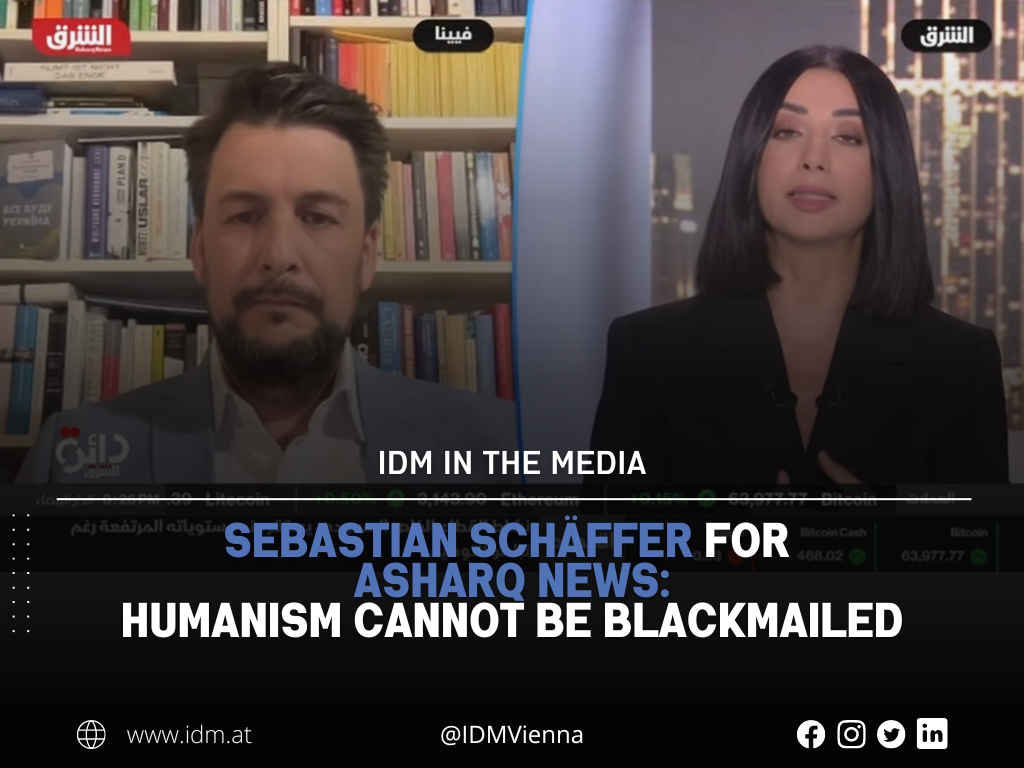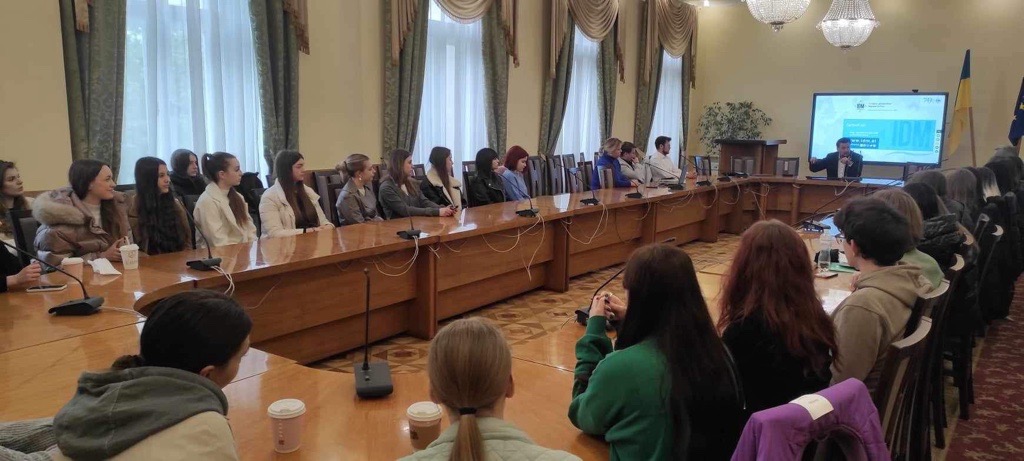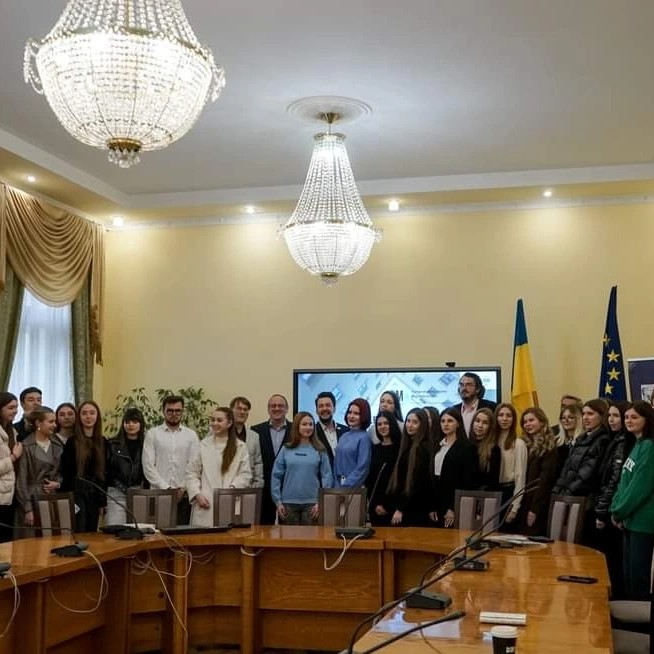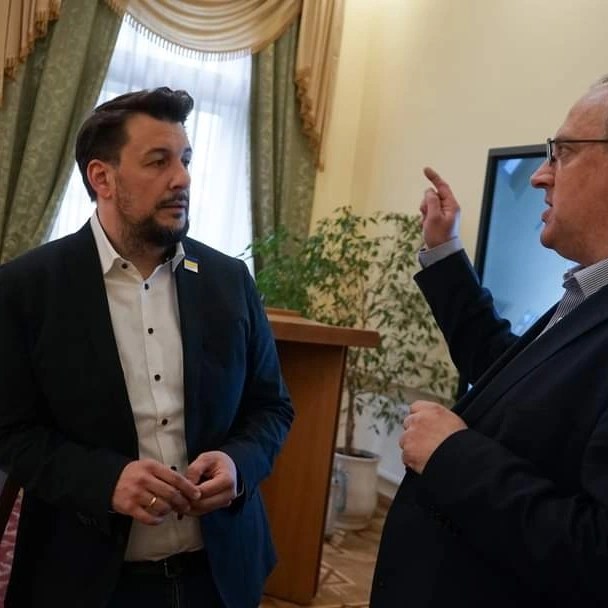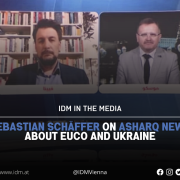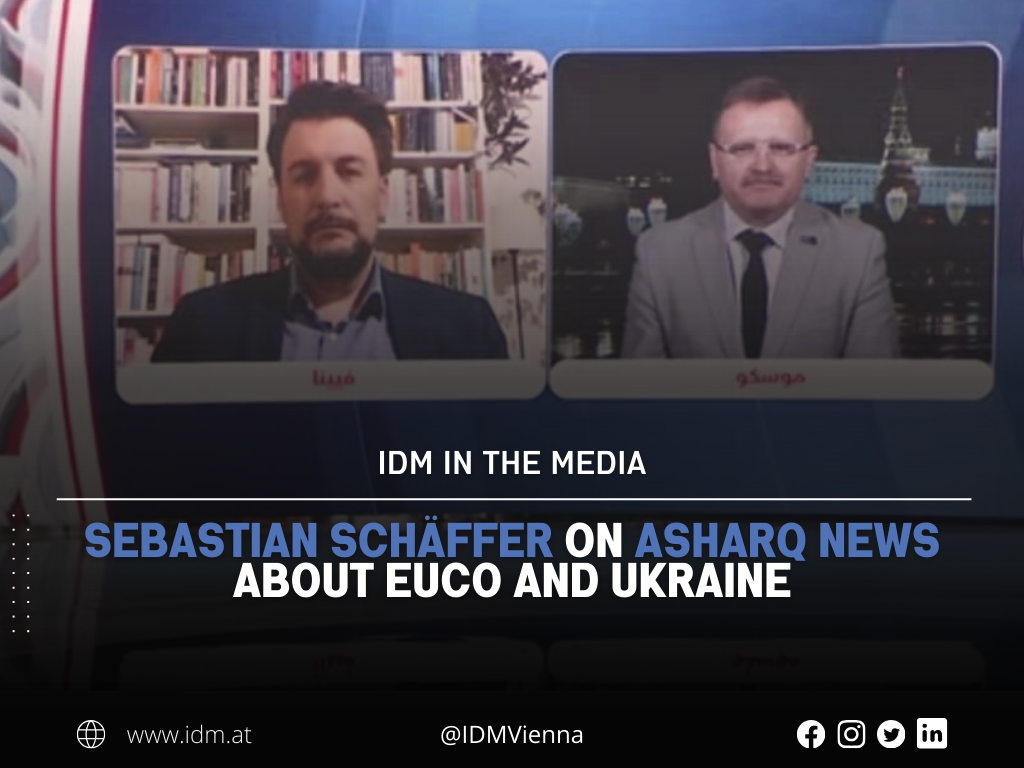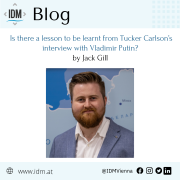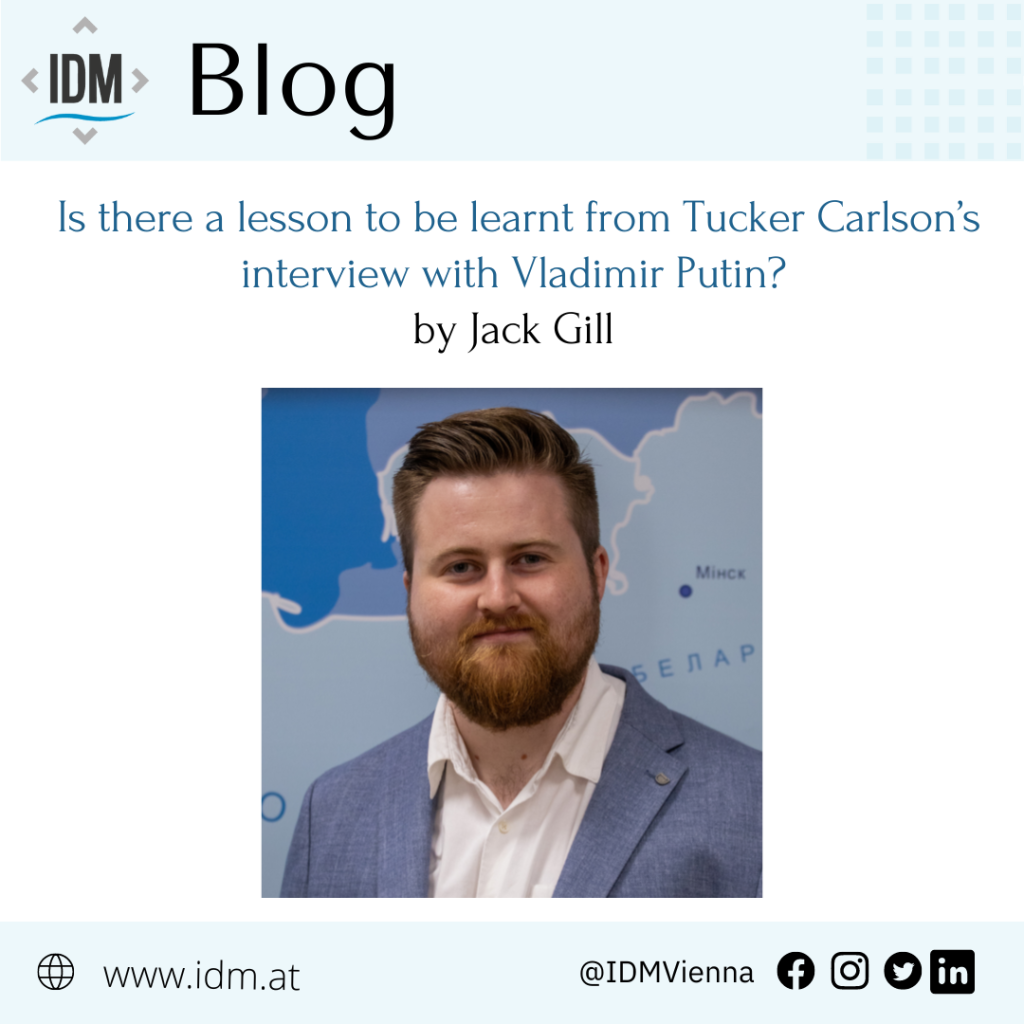
Ukraine needs weapons to effectively counter the Russian invasion. In the latest article on the IDM Blog, Rigels Lenja explores whether and how South Balkan countries could support Ukraine with ammunition, and why their stockpiles would be particularly valuable to Ukraine.
On 27 February 2024, the Ukrainian President landed in Tirana to hold a summit with the countries of Southeastern Europe (SEE) at the initiative of Albanian Prime Minister Edi Rama. The SEE-Ukraine summit was tended to increase the public support regionally and internationally for the Ukraine, and boost the regional weaponry production. Attendees at the summit were remarkably diverse. They ranged from the most outspoken supporters of Ukraine in SEE – Albania, Kosovo, North Macedonia, and Croatia all the way to the only European countries that did not adopt sanctions against Russia: Serbia and Bosnia and Herzegovina (henceforth BiH). Followed by Moldova which is the second country in Europe with Russian troops on its territory.
The summit ended with a 12-point statement, considering the Russian attack against Ukraine as the biggest continental and regional security threat, flagrant violation of the UN Charter, and full support for Ukraine to join NATO and the EU. This was followed by the Ukrainian proposal to set up a Ukrainian-Balkans defense forum in Kyiv to boost weaponry production in the same style as the Kyiv-London, and Kyiv-Washington DC defense forum format. The summit fell short of mentioning sanctions or countermeasures to Russian propaganda, and malign actions in the region, due to the Serbian President Vucic’s request. Serbia and BiH are the only SEE countries who had not put any sanctions against Russia.
Win-Win Situation
The summit could have achieved a more favourable outcome if Bulgaria, Romania, Greece and Turkey had attended. Global Firepower reported that Turkey possesses 1,747 artillery pieces (compare to USA with roughly 1,300), followed by Greece with 729 and Romania with 720.
The crucial issue is: can SEE countries provide Ukraine with any type of much needed assistance in its war against Russia? In financial terms, virtually all of these countries are unable to provide serious aid. The region has been confronted for quite some time confronted with a wave of Russian disinformation propaganda, and malign actions, as in the case of the coup d’état in Montenegro in 2016 to prevent the country’s accession to NATO, or Moscow’s ambassador in Sarajevo, who frequently inflames domestic disputes, as in March 2022 when he suggested that Russia would intervene if BiH joined NATO. The exchange between Kyiv and the Balkan capitals will not only benefit Ukraine but can also provide useful insight on how to confront Russian propaganda and malign actions or indeed track fighters joining Russia in eastern Ukraine.
Tracking Ammunition
Due to the redeployment of the Russian army and the shortage of ammunition reaching the Ukrainian front as a result of the West’s failure to deliver, Russia was able to stabilize the front and advance further.
However, the Balkan countries can provide the much-needed ammunition for Ukraine more effectively and quickly than the West. Bulgaria, one of the poorest EU countries, was reported to have delivered a third of the ammunition used by the Ukrainian armed forces and 40% of the diesel used by the Ukrainian military until March 2023. Since the beginning of the war, Bulgaria has allocated roughly $245 million of aid, followed by Croatia with $190 million. Bulgaria’s assistance played the most important part in preventing the Russian advance on Kyiv. The Czech initiative has raised enough money to buy or produce 800,000 pieces of 122 mm and 155 mm calibre artillery shells, displayed that also small countries can help Ukraine to obtain much needed weapon.
The SEE states were all either part of the Warsaw Pact (with the exception of Albania, which withdrew in 1968) or Yugoslavia, and were heavily militarized, producing and manufacturing a huge amount of armaments. Successor states of Yugoslavia were left with vast numbers of weapons after its collapse in the 90s, which was followed by a devastating civil war with more than 200,000 victims. In terms of civilian-owned weapons, Serbia and Montenegro are joint third place with 39.1 firearms per 100 inhabitants, topped only by the USA and Yemen. BiH, North Macedonia and Kosovo are in 10th, 12th and 13th place respectively.
The former members of the Warsaw Pact still have a significant amount of Soviet-era ammunition, which is being used extensively by Ukraine. In addition, Ukrainian soldiers are better prepared to use and deploy Soviet ammunition rather than hi-tech weaponry systems, which considering the limited time for training and usage by non-professional soldiers require too much time to learn how to use them. From this perspective, it would be beneficial for SEE offer their remaining Soviet ammunition to Kyiv, since these stockpiles are no longer needed. None of the countries in the area have military plans to invade or attack any of their neighbours, apart from Serbia’s attitude towards Kosovo. Sending this ammunition to Ukraine would reduce the defence budget spent on maintaining and safeguarding the stockpile.
How many artillery shells do the Balkan countries possess? The last report is from 2011, there is no new publication in the additional none of the SEE countries has an open public register of the weaponry they possess. In the last Small Arms Survey report from December 2011, Albania had around 2,500 tonnes of type 122-152 mm artillery shells, North Macedonia declared 16,000 units of 100 mm shells and 9,000 units of 128 mm shells. Serbia reported more than 30,000 units of 105 mm and 15,000 of 130 mm artillery shells. The leading arms and ammunition manufacturers in the region are Serbia, followed by Bulgaria and Turkey. Serbia is even reported to have supplied weapons and ammunition worth 14 million euros to Israel following the terrorist attack by Hamas on 7 October 2023.
The second step the region can take to provide support to Ukraine is to redeploy the armaments factories still in full operation. As this conflict has turned into a war of tranches, intensive artillery shelling which were elements that prevailed under Soviet military guidance, the Balkan countries possess expertise that could be of benefit to Kyiv. Albania, North Macedonia, and Bulgaria have old, outdated manufacturing facilities with few investments can return to operation. Even though Turkey has delivered Bayraktar drones, there is potential for more. Bulgaria is reported to have sold weapons to friendly, currently pro-Western states such as Algeria, Angola and Mozambique. In 1989, Bulgaria profited from selling weapons and ammunition for roughly $1 billion. Yugoslavia, the biggest arms producer in the region during the Cold War, is reported to have exported weapons to 67 countries worldwide, allegedly with an average profit of $ 400 million in the 1980s. The key is to track the countries that purchase these weapons and to rebuy them at a lower price.
The third step in supporting Ukraine is to track down Soviet munitions in third countries. Throughout the Cold War, Bulgaria, Yugoslavia, Albania and Romania were either exporting or donating huge volumes of Soviet or Yugoslavian-made weapons to African and Middle Eastern countries fighting anti-colonial wars at the time. In the period from 1955 to 1976 alone, the USSR and the communist states of Eastern Europe transferred arms and ammunition worth around $20 billion dollars through donations or arms deals, of which 77% went to the countries of the Middle East and 13% to African countries. SEE can now rebuy these weapons via regional or NATO mechanisms. The key is to track the countries that purchase these weapons and to rebuy them at a lower price.
While the Balkan countries may lack the capacity to expand their arms production, the West can assist in expanding Soviet-style weapons manufacturing, which the Ukrainian armed forces are able to use effectively, and quickly. It is also an obvious route for the USA or major European countries to avoid long-term domestic debates about the extent to which they can back Ukraine.
Dr. des. Rigels Lenja successfully defended his Ph.D. thesis in April 2024 at the Institute of Eastern and Southeastern European History at the Ludwig Maximilian University of Munich. His research is primarily focused on dictatorship, modern warfare, religion and democracy.

















